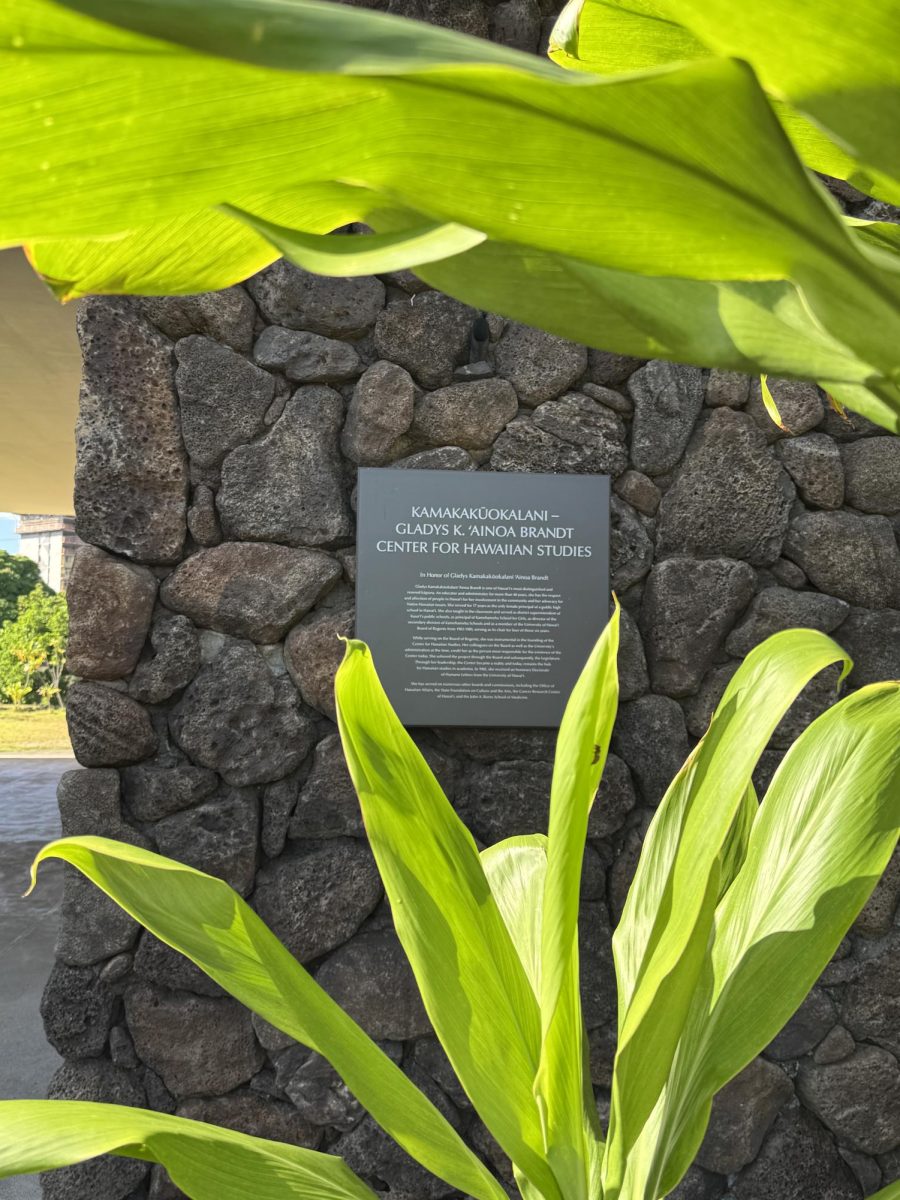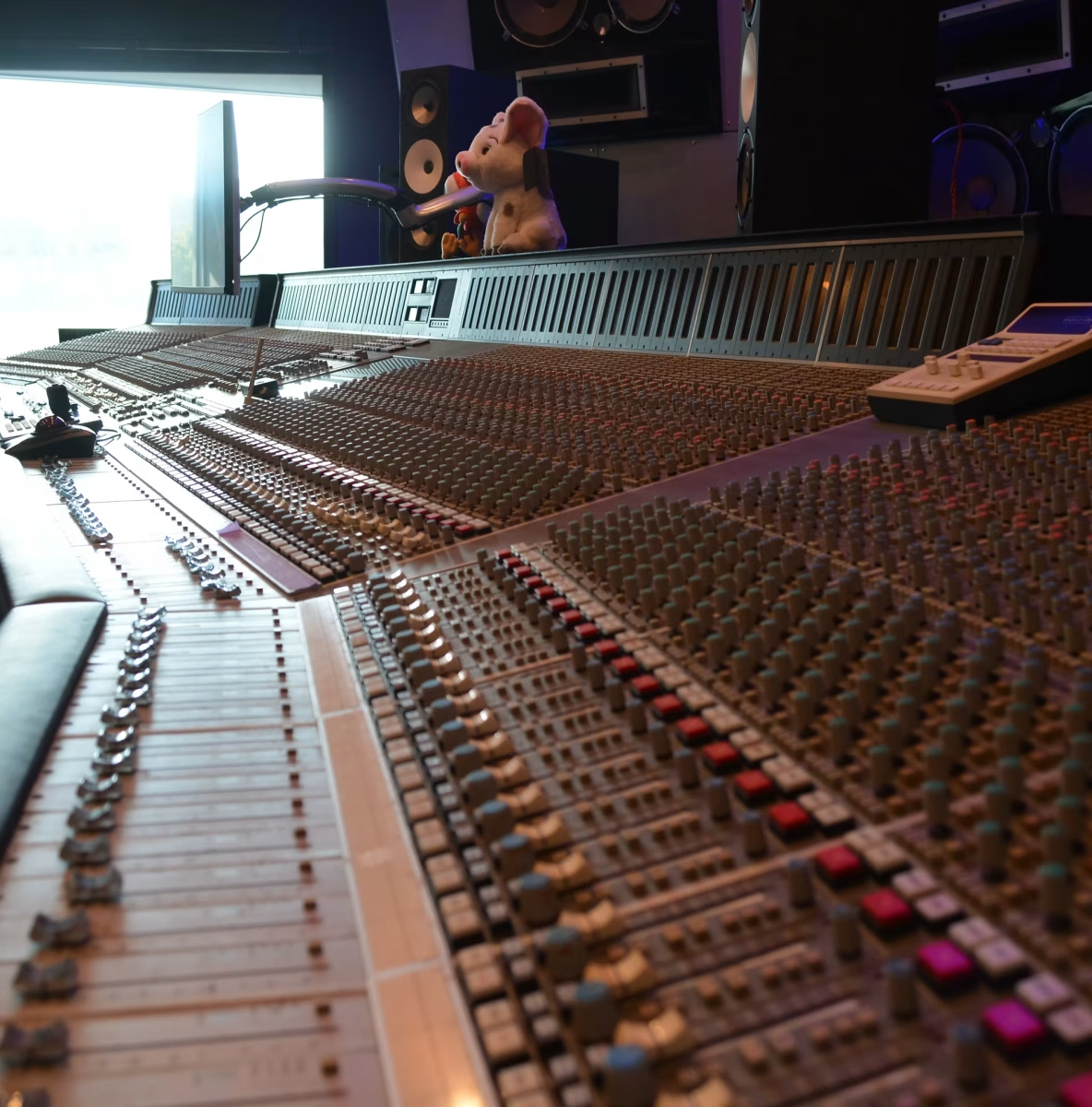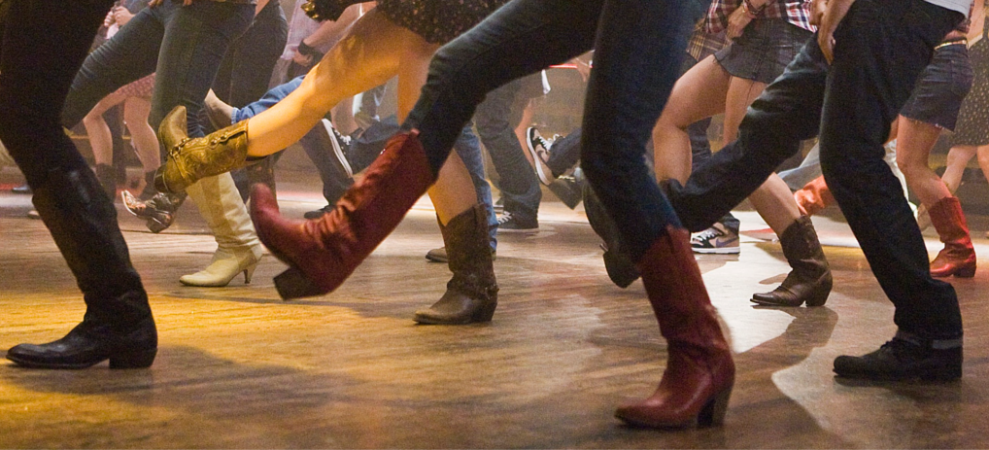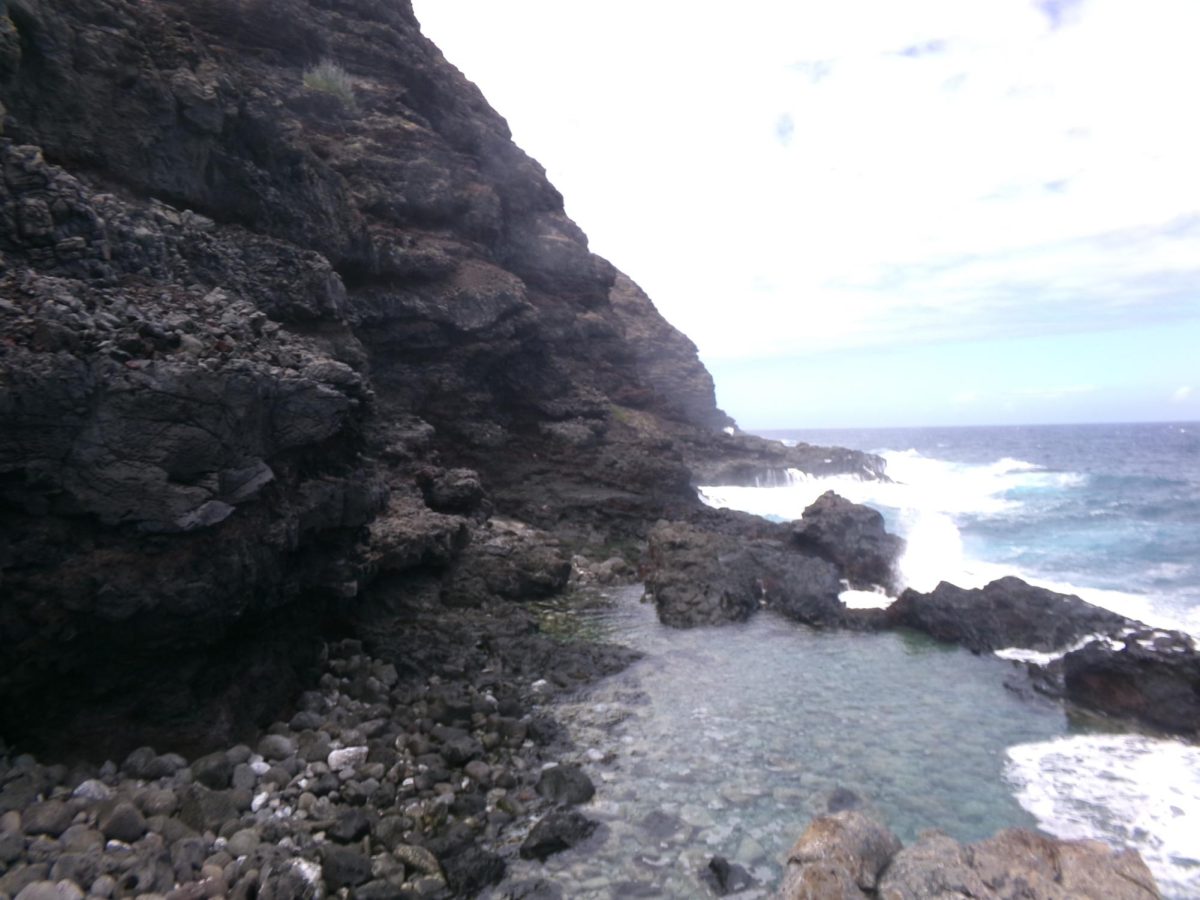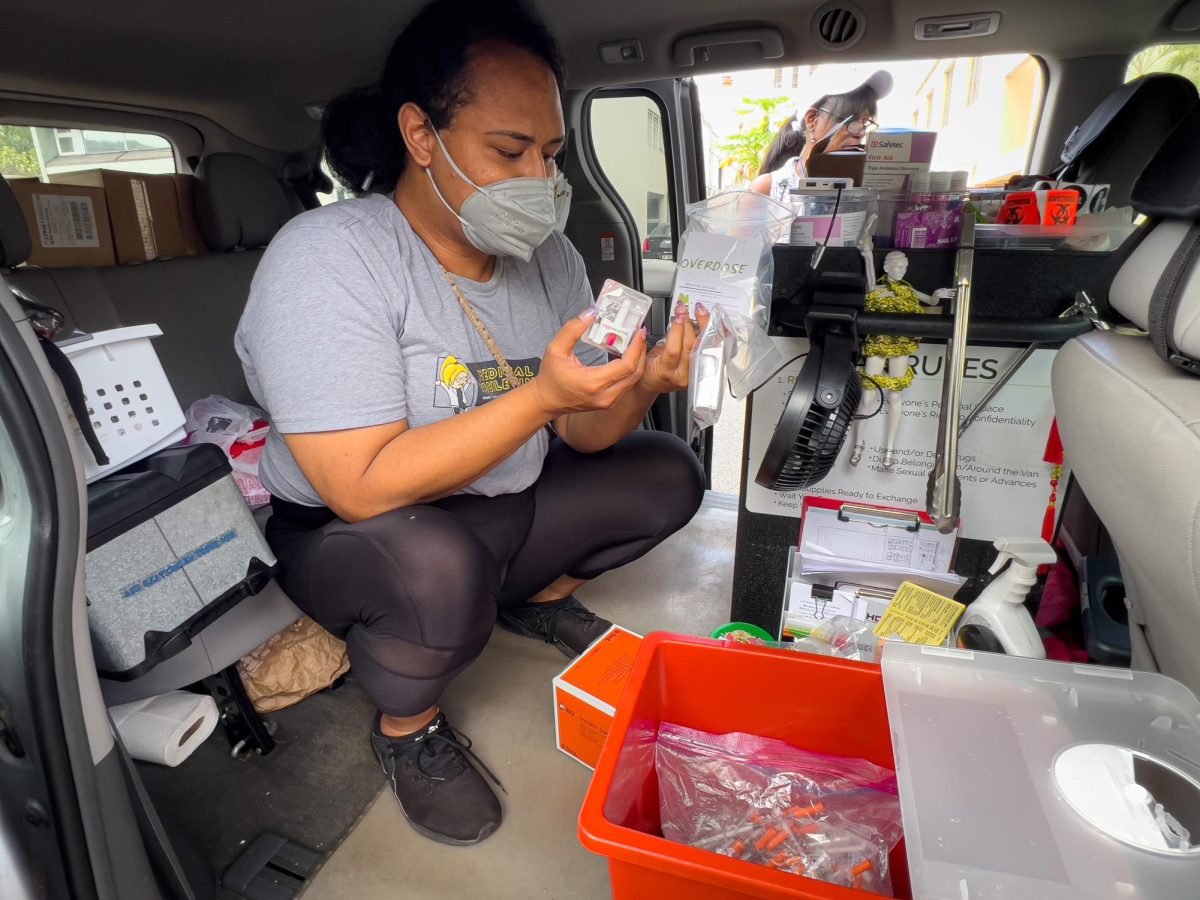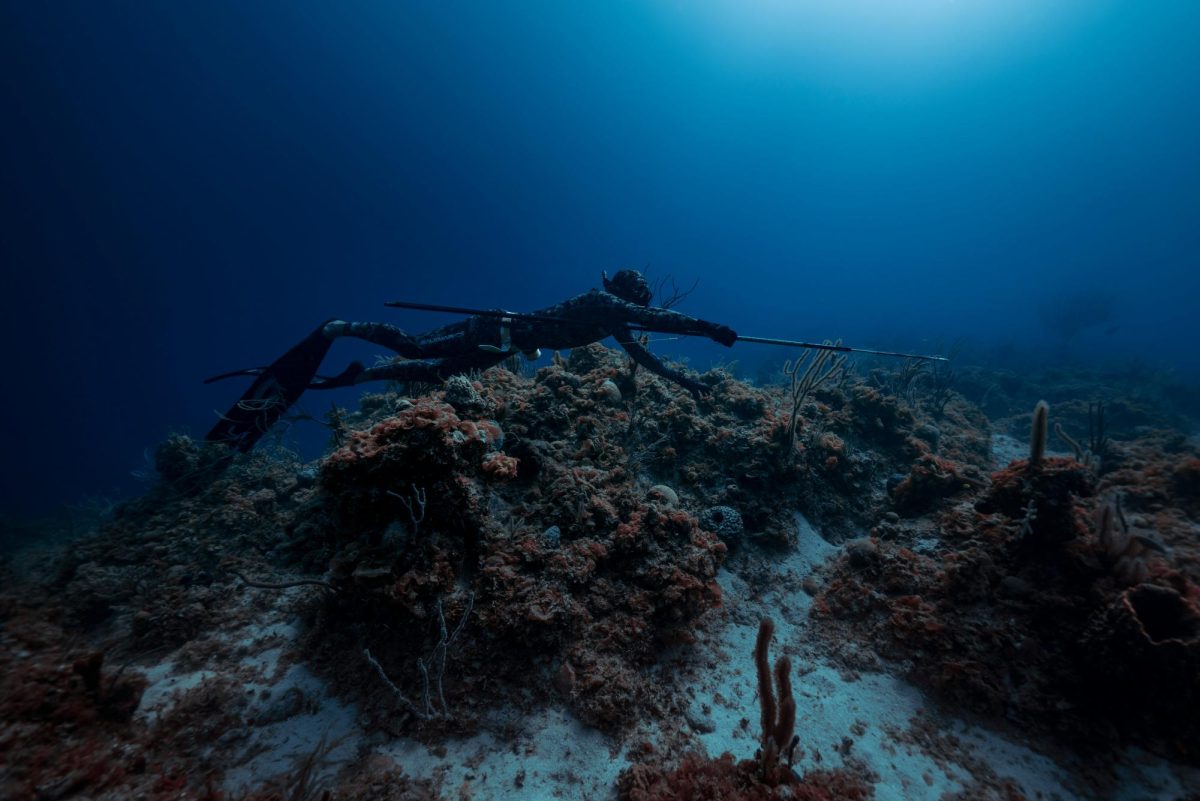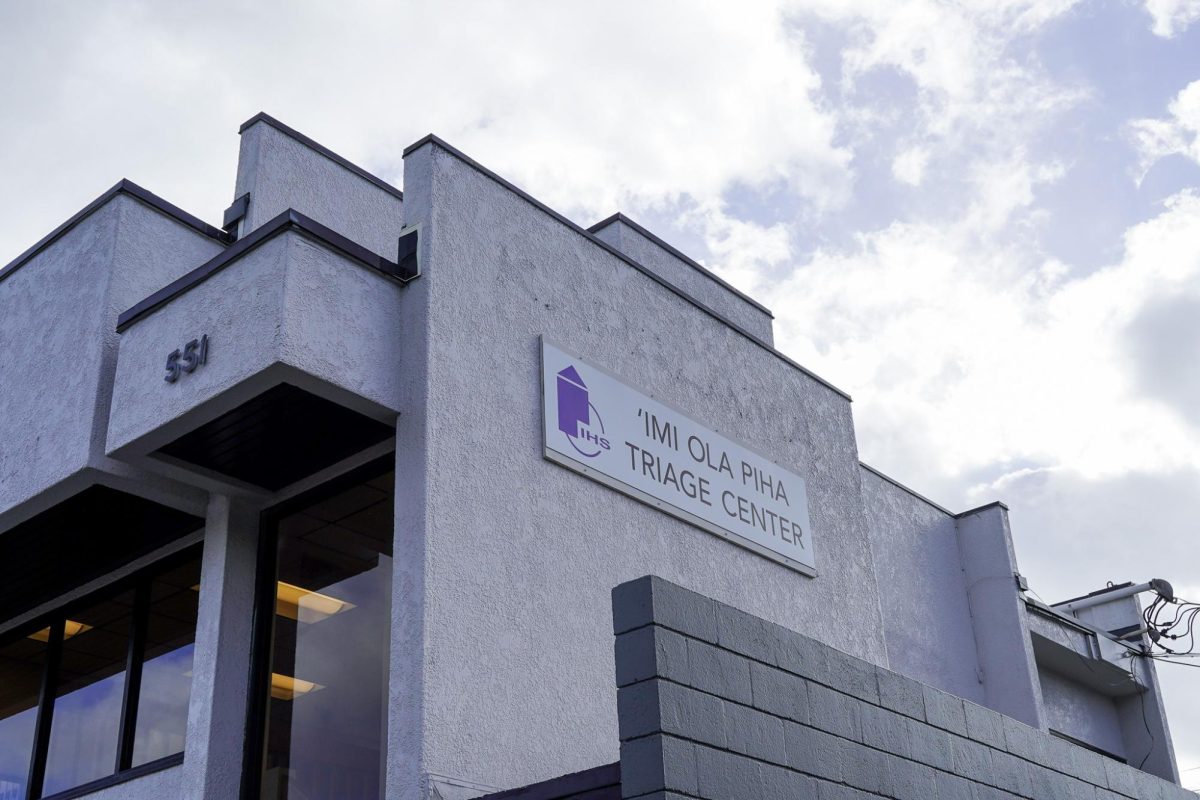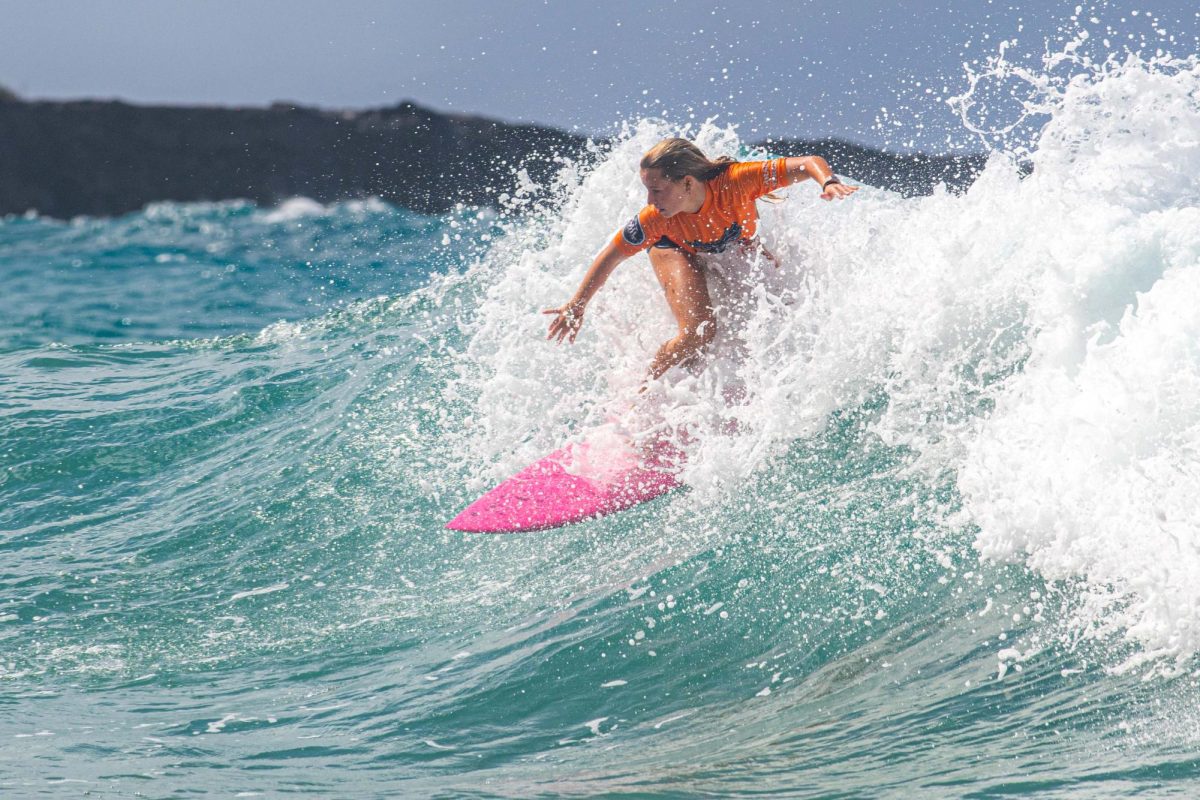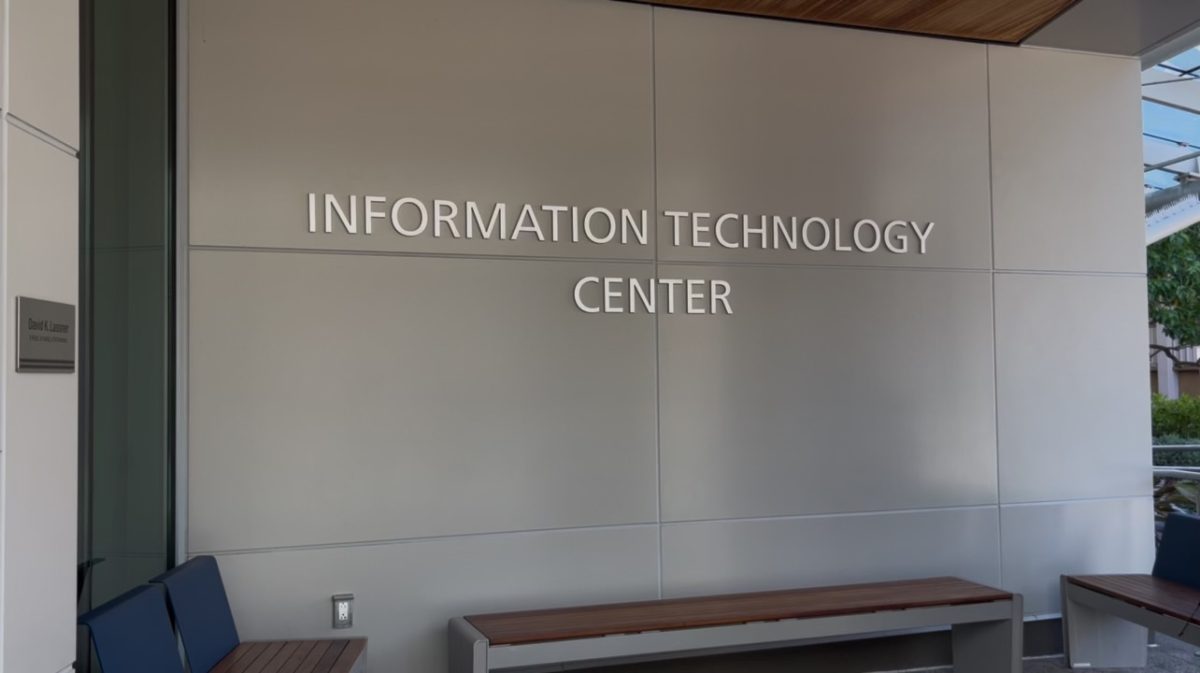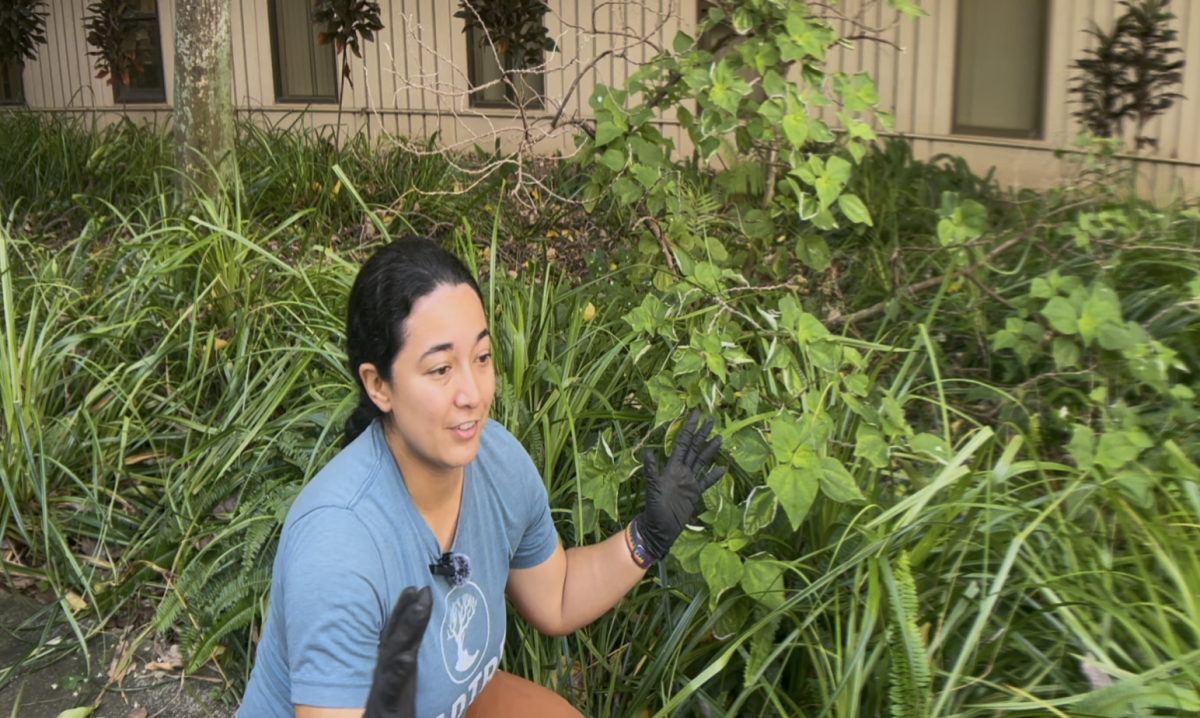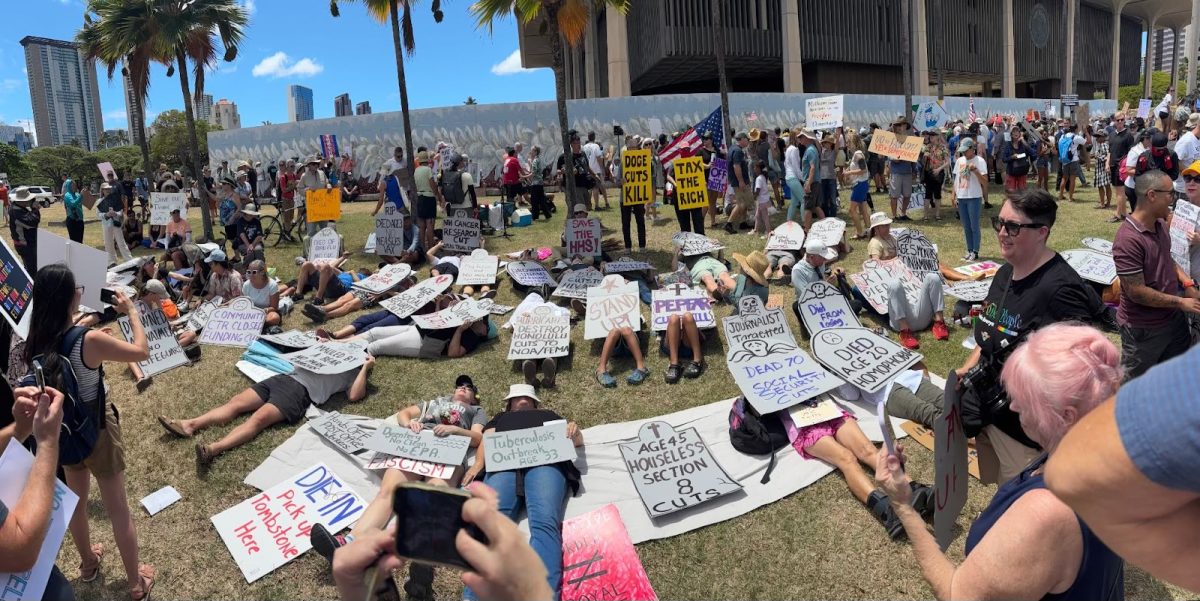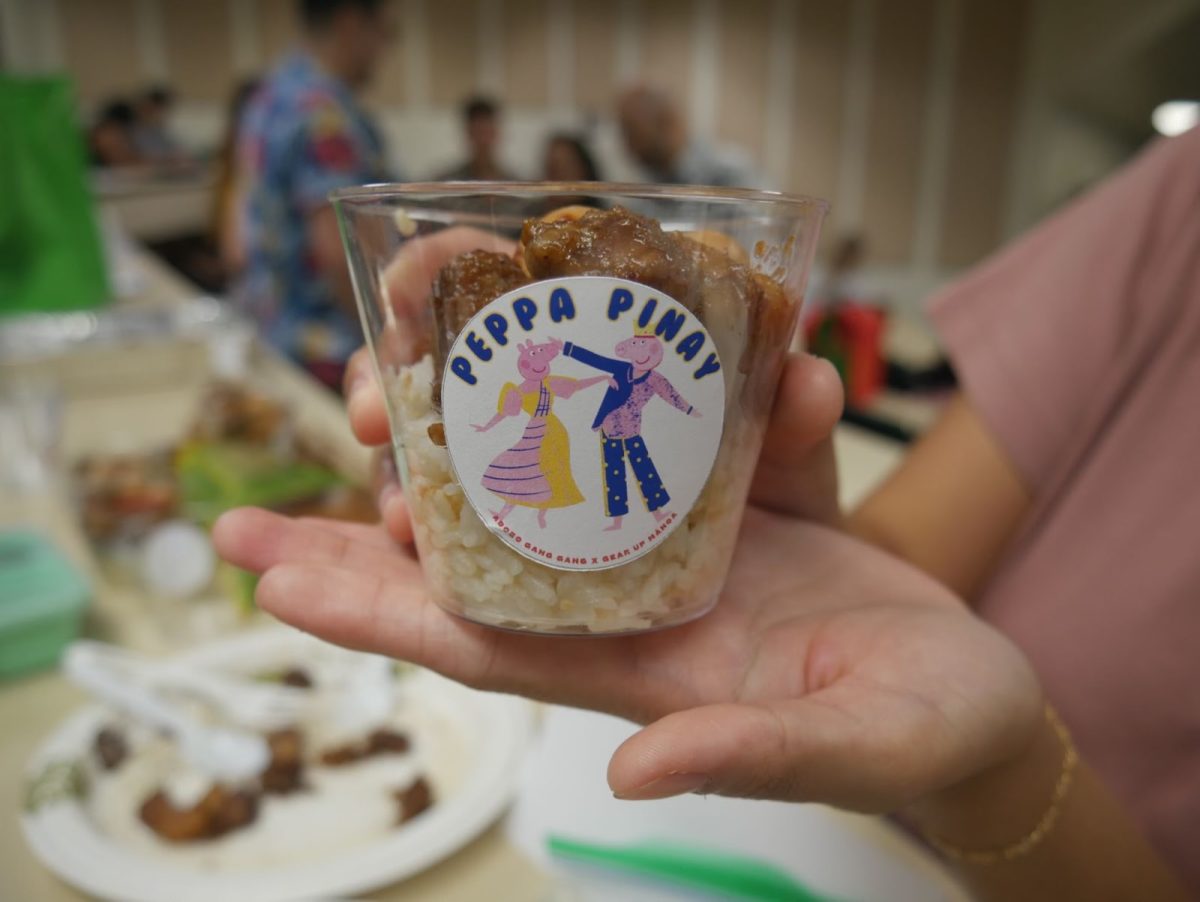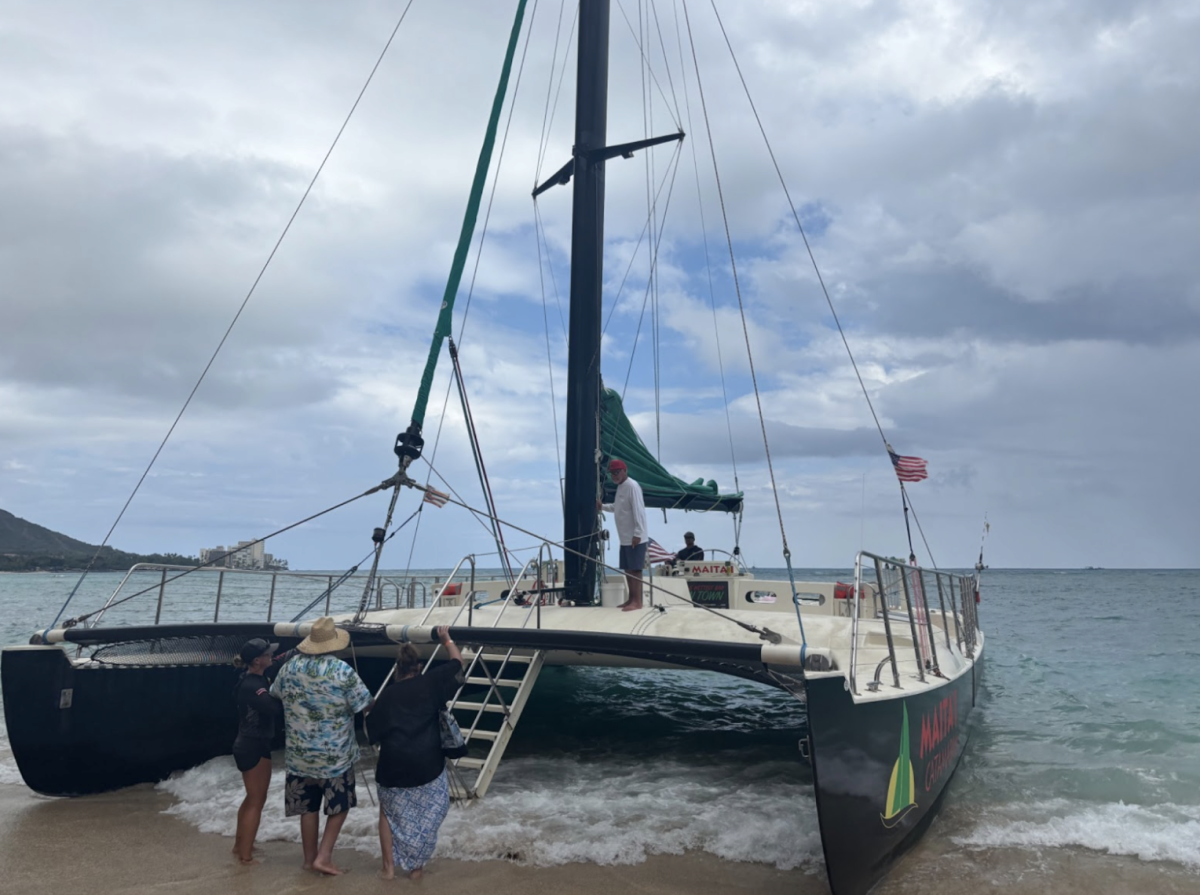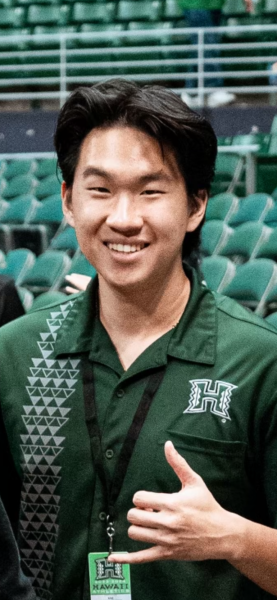Disconnected. That’s how the son of Amy Fong felt when he was just 13 years old and coming out of eighth grade.
After moving to Hawai’i just a year earlier, Fong’s son was struggling to adjust to the new social environment and culture. He was thrust into a school system that was very different and unfamiliar to him.
“He told me he felt like he didn’t belong, like he was physically there but shouldn’t have been,” said Fong. “[He] couldn’t really pick up the local slang and the pidgin, so he was embarrassed and usually left out of things. I think he and all of us didn’t understand the culture and the history of the people at the time.”
Fong believed that a better understanding of the Hawaiian language and culture could have spared her son from this pain.
Hawaiʻi is the only state in America that is officially bilingual. Yet, despite this distinction, the state’s two official languages — English and Hawaiian — are treated and employed differently.
Since ʻŌlelo Hawaiʻi’s reinstatement as an official language in 1978, the language and the Hawaiian culture as a whole have been facing a steep uphill climb. But the push for reintegration has not gone unnoticed. One of the major ways that the Hawaiian language can be reinvigorated is through the teachings in public schools.
In January 2023, House Bill 157 sprouted into fruition, calling for ʻŌlelo Hawaiʻi — the indigenous and one of the official languages of Hawaiʻi — to be taught through grades K-12 in Hawaiian public schools as a mandatory action. However, this bill failed to gain traction and died without a hearing in February of the same year.
As a Hawaiian culture practitioner and educator for Hawaiʻi’s youth, Michael Manu brings a rich and direct perspective on the ongoing advocacy for the revitalization of Hawaiian language in public schools.
“Being an official language, there’s no reason for it not to be taught at least a little,” said Manu, a Hawaiian studies professor at Windward Community College. “[The resources] can absolutely be put into this action. The benefits can and will outweigh the costs.”
Manu’s connection to Hawaiian culture is further supplemented by his deep background of sailing, something he has pursued since 1995. Through sailing, he learned the importance of culture and the preservation of Hawaiian tradition.
“It’s our responsibility to pass it on, and hope we don’t lose this part of our culture in the future generations,” said Manu.
Many Hawaiian residents share Manu’s opinion on this debate. To the people of Hawaiʻi, this language is not just a way of communicating, but a way of expression to tell stories and carry on the traditional values of the islands.
Fong believes strengthening the use of Hawaiian language should be a top-three government priority.
“Learning about the history of where you live, learning about the people who used to be here should be a priority, and language teaches you everything about the history,” Fong said.


